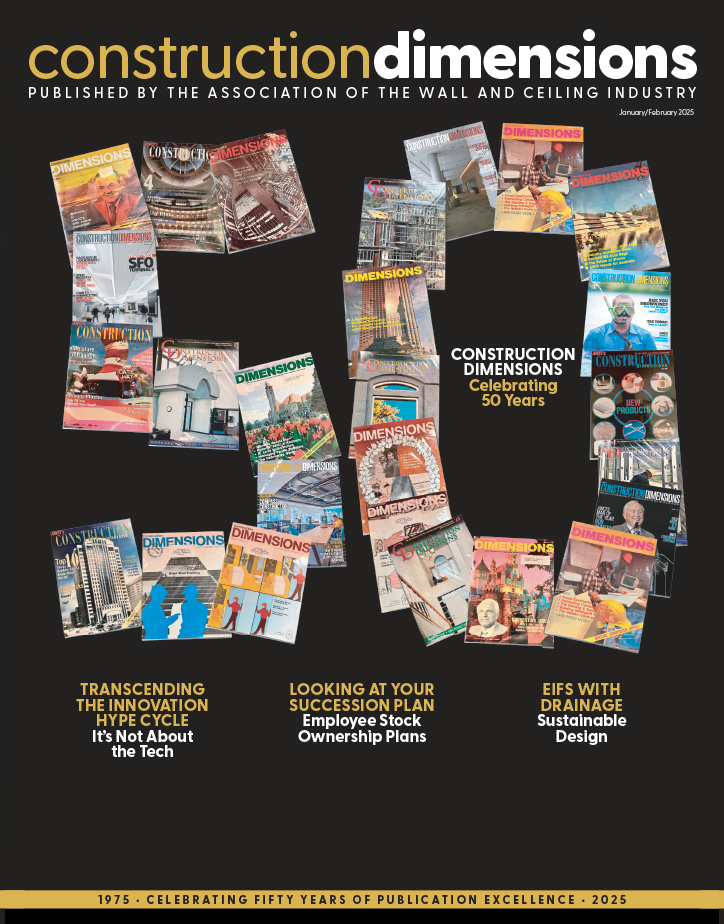Some years ago I was asked to conduct a seminar of sorts on effective time management. I was a bit taken aback at this invitation, as I’d never been accused of being any kind of paragon of productivity. Don’t get me wrong—I’m no slacker, either. I just never gave the subject of time management much consideration before receiving that dubious request. In fact, I was convinced that this assignment was destined to be a waste of time itself—until I did some research into the issue. Now, after reading several astute pieces on the topic, I’ve become a sadder but wiser shepherd of my own hours, and now I am here to share what I learned with fellow bidmeister.
I’ll begin with an observation about how important good time management applies to construction managers, and specifically to estimators. I’ve penned several pieces here concerning the staggering amount of tasks that befall those of us in construction management—they are so numerous that just itemizing them is a chore. Couple this with the kind of deadlines that estimators are subjected to, and combine it all with the steep rates that our employers pay for our hours spent. Now, the relevance and the value of saving time in our occupations becomes clear.
In order to take control of spending time, one must first determine how one’s time is currently spent. I’ve found that the most effective approach in this regard is to start a written journal identifying where, how, and how much I presently spend my time. I’m not trying to be glib when I warn not to waste too much time with this. Just a few jotted notes each day for a typical week will go a long way toward identifying where the time flies, without intruding too much on an already demanding work load. Honesty here is more valuable than volume, so I remind myself that this informal audit is for my own benefit and not for sharing.
After a few days of keeping track, some of the most flagrant time-wasters begin to surface. For instance, consider how advances in communication technology have given us modes of interaction that are invaluable in our day-to-day dealings. Notice that they also present tentacles of commerce that inevitably entice us into unproductive browsing. We all maintain essential contacts and perform vital tasks through email and text messages. But most of us refer to these avenues more often than necessary, and for some reason, they seem to become stepping stones for less productive media, like Facebook and Twitter. Clearly, keeping time spent on social media at a minimum is a great starting place for most of us to reclaim significant time for productivity.
This epiphany regarding time-wasters reveals the power of jotting things down, and so we begin to convert our vaporous thoughts into notes that keep us focused. We begin to make lists—daily and weekly tasks. Consequently, we start to identify our listed tasks by prioritizing them with different degrees of importance and differing levels of urgency. I must recognize here that as estimators, our urgency is pretty well determined externally—in the form of assigned deadlines—and most of us have already developed a sequential method for our similar tasks as a matter of course. That is to say there is a common way that we quantifiers approach most estimates task-by-task that we’ve previously established through regular practice. Even so, there are tasks that befall us that fall outside the realm of constructing an estimate: follow-up calls, upgrading databases or meeting with clients. This is not even to mention the many of us who double as project managers. So we can say that awareness of time management and making lists is significantly helpful for bidmeisters who only estimate, and critical for double-duty folks.
Another painful truth to emerge from a casual audit is that we tend to spend more time on a number of tasks than seems reasonable. This is mostly due from the simple fact that we don’t have a clock ticking in the background—a condition that can easily be remedied by assigning a reasonable amount of time for a task before hand, and sticking to the self-imposed deadline no matter what. We can do this because we are, after all, estimators.
Of course, there are many more strategies for saving time on the books, but I think the best ones are self-created and self-imposed. So starting to jot down current distractions and making some lists can open the door to significant time savings that will help any bidmeister who can afford to (dare I say it?) invest a little extra time for it.
Vince Bailey is an estimator/project manager working in the Phoenix area.
Want more articles like this? Subscribe to AWCI's Construction Dimensions for free now.




